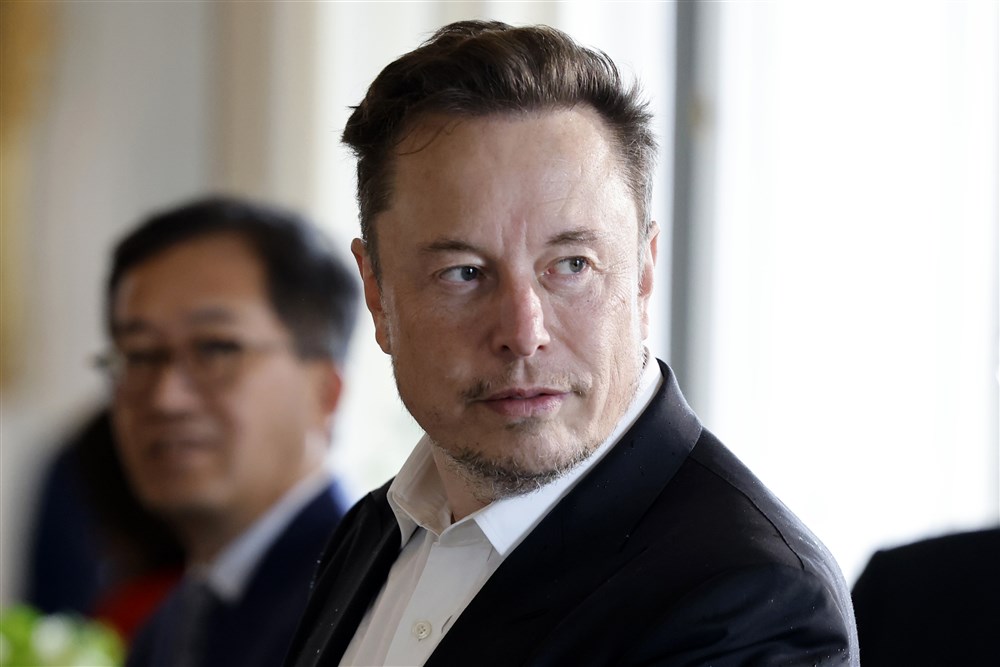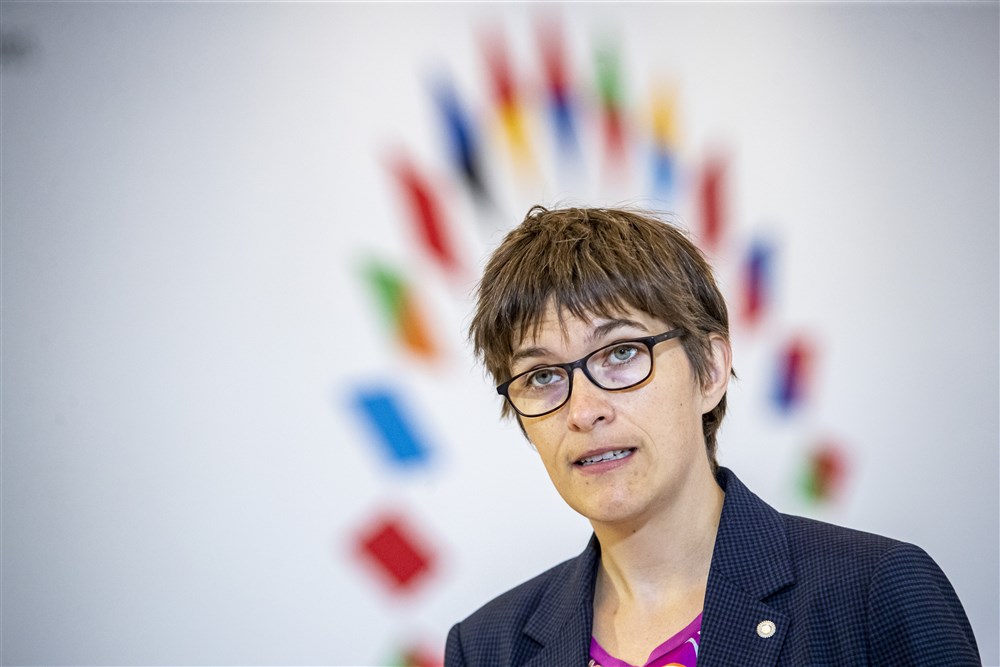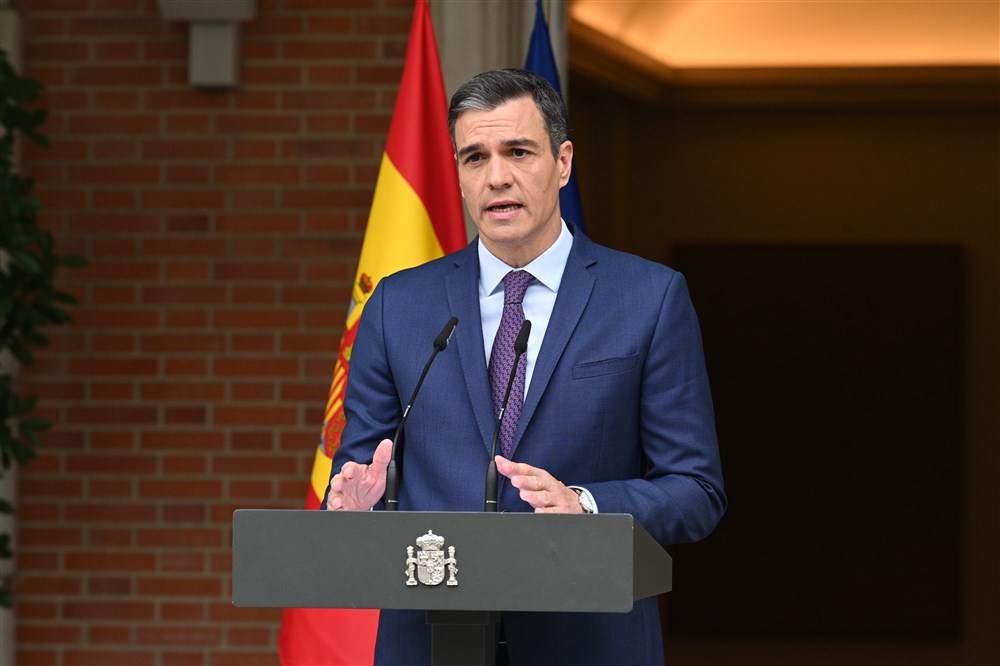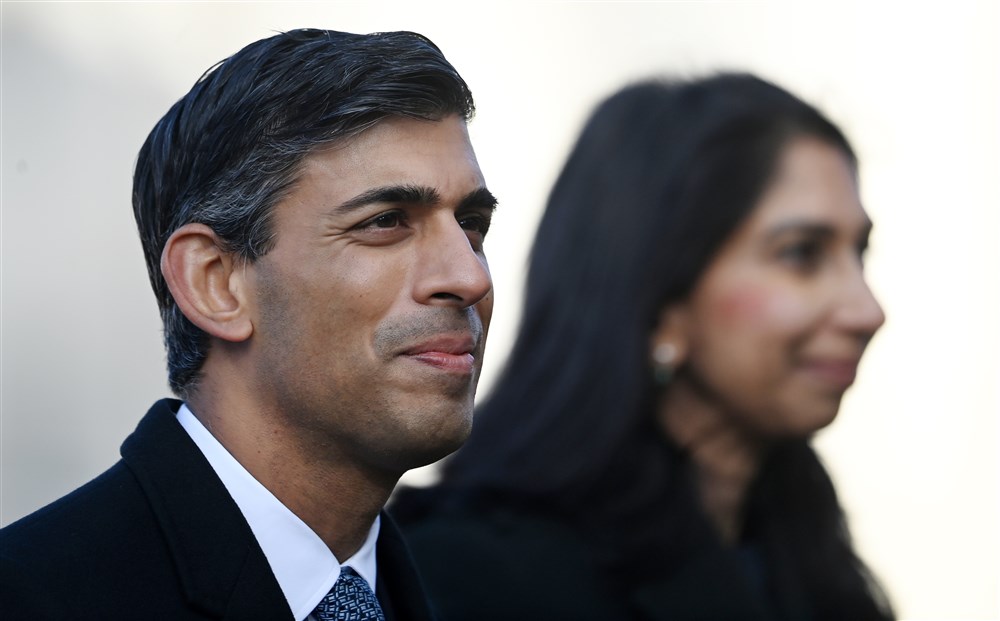Ola Källenius, Mercedes-Benz’s chief executive, has slammed the European Union saying proposed new regulations will undermine competitiveness in the motor industry.
According to the Financial Times, Källenius has demanded a postponement of the implementation of post-Brexit tariff rules, as he claims the “strict” timeframe will hurt both the EU and the UK. The regulations are set to lead to stiffer tariffs on shipments between the UK and EU, as the EU pushes for an increase in the local sourcing of vehicle components.
The Mercedes-Benz CEO said the car supply chain in Europe was not yet developed enough to effectively meet the tougher sourcing requirements.
Starting in January 2024, the so-called “rules of origin” are set to be enforced across the EU. They include the requirement that electric vehicles traded between the UK and the EU must have 45 per cent of their parts sourced within both regions to avoid 10 per cent tariff charges. The January start date is, according to the German car maker’s boss, a prime example of bad timing.
Källenius is not alone in his concerns. Other European motor manufacturers lobbying for a delay include Stellantis boss Carlos Tavares who, on Tuesday, called for the phase-in date to be pushed back to 2027, warning the current timeframe was a “lose-lose” situation for both the EU and the UK.
Källenius, speaking at the inauguration of a battery cell manufacturing plant in northern France, the first of four such facilities planned in the region, said: “As the production capacity of Europe’s battery industry is not yet sufficient, to demand stringent rules of origin poses a major challenge for the competitiveness of our industry.”
He said the new factory – which will supply Mercedes’ electric cars and is part of the firm’s battery partnership with TotalEnergies and Stellantis – is a step in the right direction towards building a standalone European car manufacturing industry, at a time when the region is trying to wean itself off dominant Chinese and Asian battery makers.
“But all in all,” he added, “the first of January 2024 is too soon. We need more time for this transition and we would therefore appreciate political support, together with our British partners, in this matter.”
The impending deadline and backlash from car makers highlight the significant challenge faced by Europe in catching up with Chinese and South Korean battery producers, the primary global suppliers to electric vehicle manufacturers.
Mercedes’ joint venture with Stellantis and Total, known as Automotive Cells Co (ACC), is scheduled to begin operations this year, with an initial capacity of 13 gigawatt-hours, at a plant in Douvrin, France. Germany and Italy are expected to launch two more factories by 2030, with the goal of supplying 2 million batteries per year.
Similar projects supported by state subsidies are underway across Europe, as governments push to make local production competitive in the face of Asian or US-made alternatives while also promoting a lower carbon footprint.
The tariff rules could further pressure an already struggling British car industry, as Stellantis, the group behind Vauxhall, has threatened to close its UK factory in Ellesmere Port unless the regulations are renegotiated.





